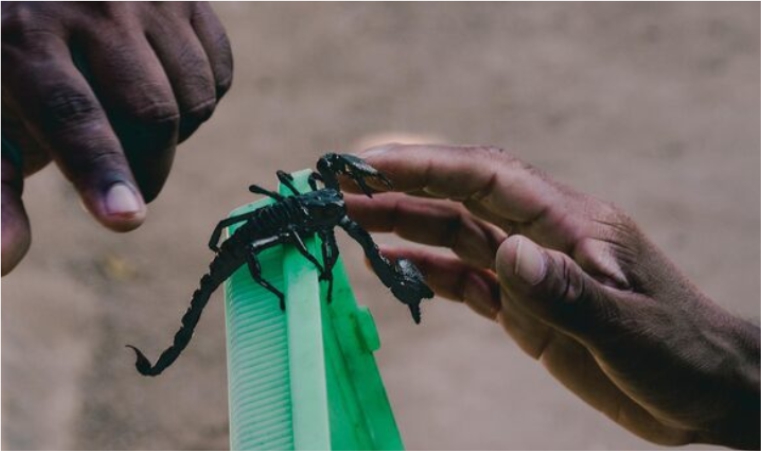Why Community Engagement
Is Key to Malaria Eradication

Why Community Engagement Is Key to Malaria Eradication
Community engagement is one of the most powerful forces in the fight against malaria because real progress begins where people live, work, and gather. Malaria does not start in hospitals; it starts in homes, in neighborhoods, and in the environments communities interact with daily. When individuals understand their role and take action, malaria control becomes faster, stronger, and more sustainable.
Communities are the first to observe warning signs. They notice symptoms in family members, stagnant water around their homes, blocked drainage, or increased mosquito presence long before authorities are alerted. When community members actively report these issues using platforms like MalariaX, information flows instantly to health teams who can respond quickly. This early detection prevents outbreaks and reduces the number of severe cases.
Engagement also builds trust. In many areas, public health interventions succeed only when communities understand their importance and participate willingly. When people are included in decision-making, awareness campaigns, and prevention activities, they become more willing to adopt behaviors such as sleeping under treated nets, attending vaccination exercises, and improving household hygiene. Community voices shape effective solutions because they understand local realities better than anyone else.
Another strength of community engagement is the collective impact it creates. A single household may not eliminate malaria, but an entire neighborhood taking consistent preventive action can drastically reduce mosquito breeding and exposure. Volunteers, local leaders, and everyday citizens working together amplify the reach of national strategies and make interventions more visible and effective.
Community engagement also improves accountability. When people are informed and involved, they help monitor progress, challenge harmful practices, and advocate for better sanitation, healthcare access, and environmental management. This creates a supportive environment where malaria prevention is not only a government responsibility but a shared community commitment.
Ultimately, malaria eradication requires unity and consistent action. Health systems provide the tools, but communities give these tools life. When people participate fully, report promptly, and take ownership of their environment, the goal of a malaria-free Africa becomes achievable.


Add Your Comments